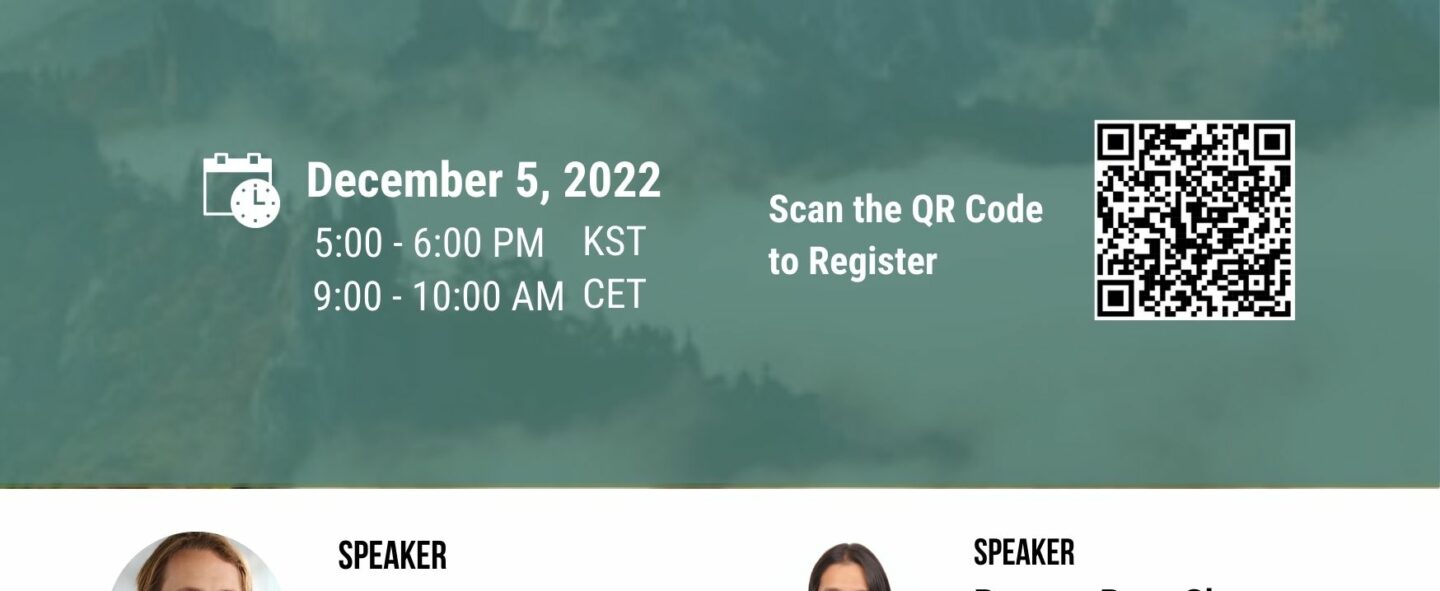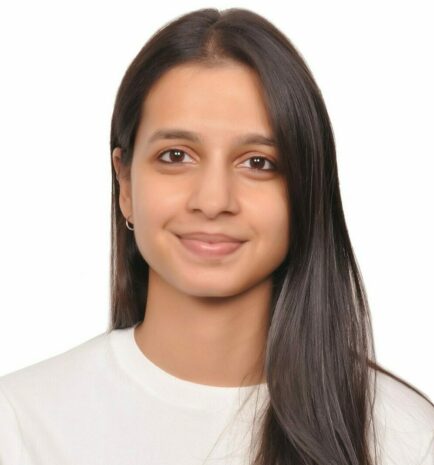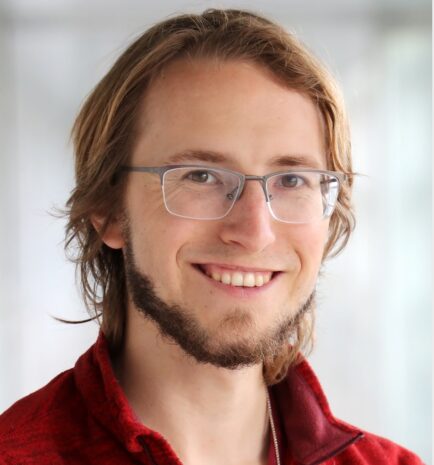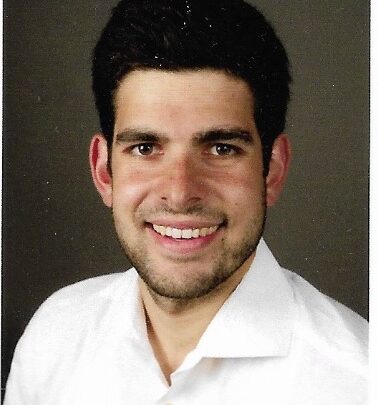Do you want to be the next exchange researcher in Korea?
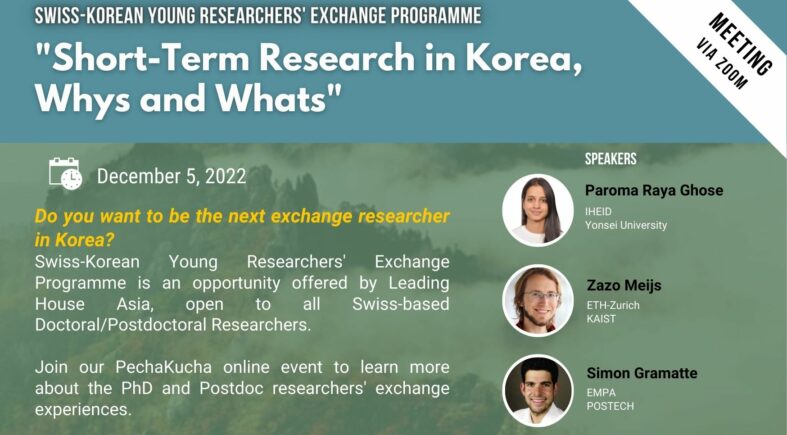
Bio
Dr Paroma Ghose is currently a National Research Foundation of Korea Exchange Fellow at the Institute for Modern Korean Studies at Yonsei University, Seoul. She is a postdoctoral researcher usually based at the International History and Politics Department at the Graduate Institute (IHEID) in Geneva, Switzerland, where she also completed her PhD (2020). She has a BA in History from the University of Cambridge, and an MDev in Development Studies from the Graduate Institute (IHEID). Her doctoral research looked at the experience of the ‘outsider’ and the notion of belonging in France (1981-2012) through the lyrics of French rap songs.
Her current project focuses on what unfolds when the popular imaginations of different societies meet, collide, and interact on the global popular culture stage over time, using South Korean music (1987-2022) as her principal lens.
Bio
Zazo Meijs was born and raised in Amsterdam (The Netherlands) where he first studied theoretical physics (University of Amsterdam, UvA). He then switched to a more experimental master including a semester at ‘Universitat de Barcelona’ and a project at the Advanced Research Centre of Nanolithography ( ARCNL, collaboration between ASML and UvA).
At the start of 2020, Zazo moved to Zurich (Switzerland) to study at the materials department in the group of Prof. Lucio Isa in a highly collaborative research that brings together the ETH expertise on colloidal control and the work of prof. Dong Ki Yoon, here at KAIST, on Liquid Crystals.
The in-person collaboration was hampered by the Pandemic but is now intensifying with all advantages of face-to-face personal discussion and socializing.
Bio
Simon Gramatte studied Materials Science and Physics at TU Freiberg (Germany), JLU Giessen(Germany), Stockholm University (Sweden), ALU Freiburg(Germany). Simon is German and moved to Bern two years ago to do his Ph.D. in computational materials sciences with EMPA.
Empa is the Swiss Federal Institute for materials sciences and technology and is based in Dübendorf, St. Gallen, and Thun (where he is working most of the time).
The topic of his Ph.D. is “Atomistic modeling of interfaces with complex chemical bonding”. Atomistic modeling is always needed when experimental techniques or microscopes are not able to answer scientific questions. For atomistic modeling with molecular dynamics (MD), which is one of the main methods he uses, one always needs a so-called potential -some kind of a mathematical formalism- that describes the interaction between the to-be-modeled atoms. Usually, for every new question, one would like to answer those potentials that need to be developed and evaluated. Furthermore, there are different approaches to developing those potentials tailored to a certain application.
In Korea,he is staying in a group at POSTECH, which are world-leading expert in one of the methods of potential development for atomistic simulations. During the three months, he would like to use one of their unpublished potentials for the Aluminium and Oxygen interaction, which is the most interesting material for his Ph.D. After testing, validating and comparing this potential to other approaches, he would love to learn the development procedure to be able to fine-tune or develop my potential in the future. Although already the testing and comparison are enough for a short publication, which is the main goal of the 3-month project.
